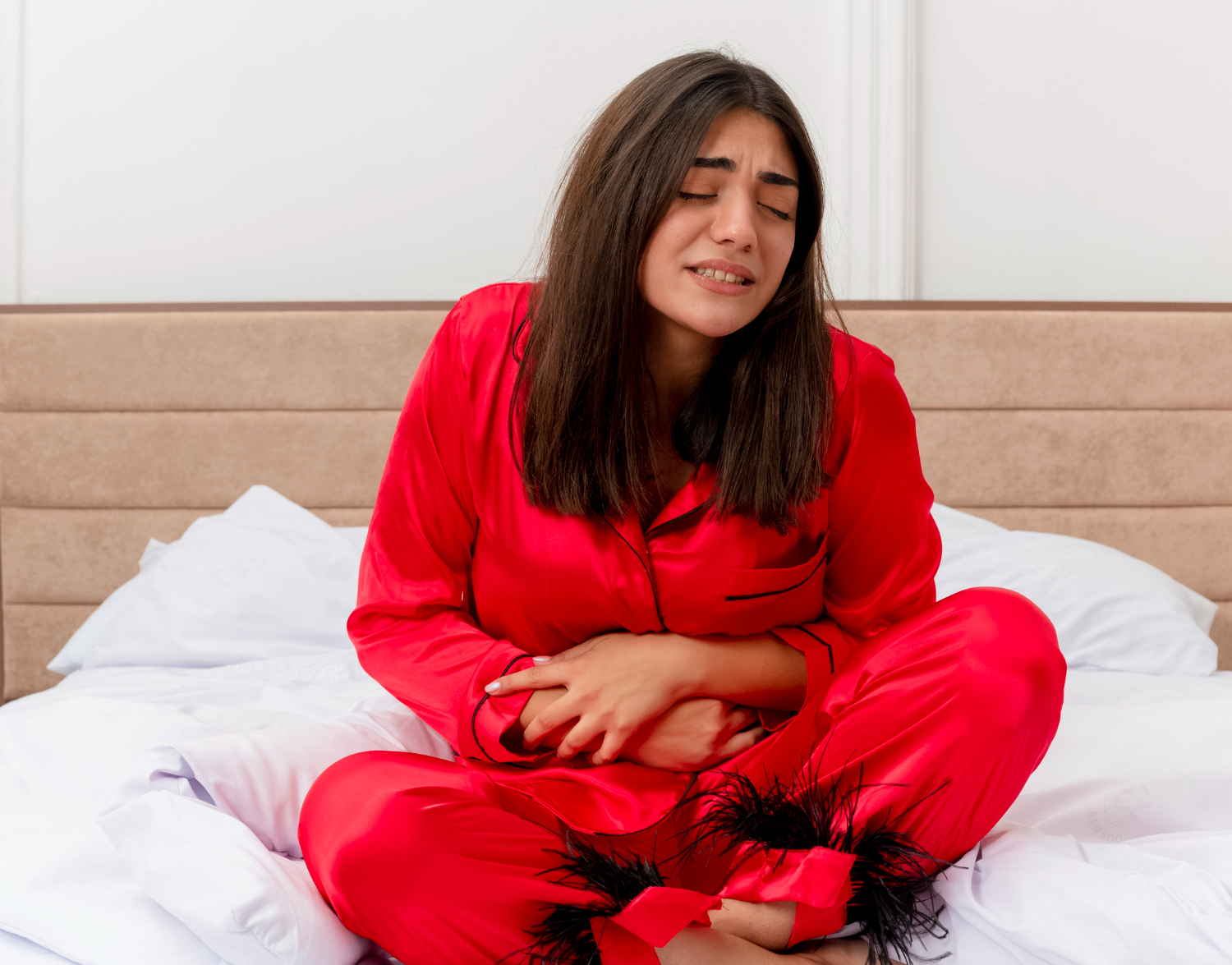It’s never fun and always inconvenient during this period of the month. Apart from changing your restroom habits, there are a few more bothersome period symptoms. Food cravings, sleep issues, bloating, mood swings (typically anger), exhaustion, sensitive breasts, and more are warning indications of impending menstruation. The majority of these symptoms begin from the moment your period begins. There are also the menstrual cramps. Your time of each month is the worst if you happen to be one of the few women who get period pains during your monthly cycle. Acupuncture dover is a popular means of treating a variety of illnesses.
Why Do Period Cramps Hurt So Much?
Prostaglandins are substances found in the body that cause menopause. The uterine lining produces more of a substance called pros each month preceding menstruation. Pain associated with menstruation is typically higher on the start day of your period because that’s when your histamine level is at its greatest. Prostatic levels drop and pain usually goes away as your period goes on and the uterine lining sheds, according to specialists.
Consuming Over-The-Counter (OTC) Drugs
The main over-the-counter (OTC) pain reliever prescribed for menstruation discomfort and excessive bleeding is medications known as nonsteroidal anti-inflammatory drugs (NSAIDs). Naproxen, (Aleve) as well as ibuprofen (Advil) are examples of NSAIDs. These medications assist in reducing prostaglandin synthesis in the circulatory system. NSAIDs can lessen discomfort, nonetheless, they are not as good at decreasing prostaglandin as oral contraceptives are.
Apply the Heat
While taking a bath with warm water or using a heating device are excellent methods for relieving period pain, warming patches can also be used as a discreet, portable solution.
Sip On More Water To Help With Bloating
Bloating can be uncomfortable and exacerbate the pain of menstrual cramp. Water consumption helps lessen the bloating and pain associated with menstruation, even though this may seem contradictory. Moreover, consuming hot water helps reduce muscle tension and improve blood circulation throughout the body. This may minimize the pain associated with uterine contractions.
Take Up Little Exercising
Exercise may help relieve discomfort, even though it’s probably the last thing most people want to do when they have cramps. If someone is in pain, vigorous physical activity might not be helpful. But yoga, walking, or mild stretching might be. Endorphins, which are naturally occurring painkillers, are also released during exercise. A study discovered that participants’ cramps during their period decreased after 12 weeks of twice-weekly practices of yoga.
Savour Herbal Drinks to Reduce Swelling and Spasms in Your Muscles
Some herbal tea varieties contain antispasmodic and anti-inflammatory substances that help lessen the uterine muscle contractions that result in cramps. Taking ginger, fennel, or chamomile tea in the morning is a simple, all-natural method to ease period cramps. These teas made from herbs can also aid with sleeplessness and reduce stress, among other things.
Curl Up With A Heating Pad to Reduce Period Cramps
According to experts, since the uterus is a skeletal muscle, something that can relieve muscle tension, such as applying heat, can be helpful. A study that was published, in Evidence-Based Nursing, discover that when dealing with period pains, heat worked exactly as well as ibuprofen. The ladies were given heat alone, heat + ibuprofen, the pain reliever alone, or a drug of their choosing during the two research days.
The heat in addition to the ibuprofen group had the most successful results; applying heat accelerated the healing process. In contrast to women who took their medication with over-the-counter painkillers, women who placed a heat patch on their lower abdomen experienced the greatest pain alleviation even twenty minutes later, according to a separate investigation published.
Obtain Your Minerals And Vitamins
Maintain a nutritious diet has been linked to fewer cramps, so this could be an additional method of period pain relief. While more research is required, some data suggests that magnesium and vitamin B1, often known as thiamin, could potentially lessen cramps associated with periods. According to experts, the majority of people normally obtain adequate amounts of each of these minerals as well as vitamins from a balanced diet. Food high in magnesium ions and vitamin B1 include:
- Seeds and nuts
- Complete grains
- Legume crops, such as chickpeas,
- Legumes such as lentil
- Beans
- Sprouts
- Kale cauliflower
- Avocado
- Oranges with asparagus
Consume Items That Reduce Inflammation To Ease Menstrual Cramps
Certain meals taste fantastic and can help relieve cramps naturally. Consuming anti-inflammatory foods may assist your uterus in relaxing and increasing blood flow. Eat some pineapples, which are tomato, fruits and vegetables and spices like garlic, ginger, and curcumin. Almonds, walnuts, green leafy vegetables, and fatty fish—like salmon—can all aid in the reduction of inflammation.
Final Words
It’s crucial to consult your OB-GYN if you’re in excruciating discomfort throughout your period. In addition to asking you about the symptoms and menstrual cycle, she or the physician may conduct a pelvic exam, prescribe pharmaceuticals, and provide lifestyle recommendations that could potentially reduce your pain.

